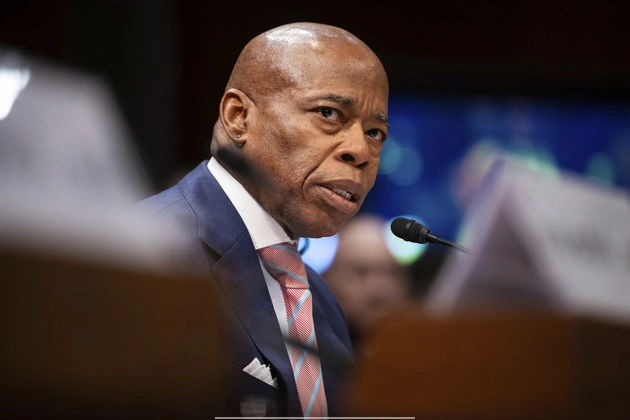
Mayor Eric Adams has faced delays in securing over $1 billion in state reimbursements for migrant funding in New York City, causing concern for Governor Kathy Hochul. The slow pace of requesting reimbursed funds has left a significant gap in the city budget, potentially leading to service cuts for asylum-seekers.
Challenges in Reimbursement Process
The city has been slow in submitting receipts for expenses dating back to 2023, totaling $1.3 billion. Hochul has not allocated additional funds this year, urging Adams to utilize the existing allocation before requesting more.
Financial Strain on New York City
Adams is grappling with the financial burden of supporting over 230,000 migrants since 2022. The city has spent $7 billion on the crisis but has only been reimbursed $1 billion by the state. The remaining funds are crucial to maintaining essential services for migrants.
Collaborative Efforts and Challenges Ahead
While Adams and Hochul share common goals, the delay in securing additional funding remains a point of contention. Hochul’s government has allocated significant funds for migrant housing and services, emphasizing the need for efficient reimbursement processes.
Adams remains optimistic about reaching a resolution with the state, highlighting the ongoing partnership between the city and state in managing the migrant crisis. It is essential for both parties to streamline the reimbursement process to ensure continued support for asylum-seekers.
Future Outlook and Fiscal Considerations
As the city anticipates further reductions in migrant arrivals and spending, there is a need for accurate budgeting and timely reimbursement to address evolving challenges. Collaborative efforts and transparency in financial dealings are crucial for effective crisis management.
By maximizing state reimbursements and enhancing financial accountability, New York City can better address the needs of migrants and ensure the sustainability of essential services. The ongoing dialogue between Adams and Hochul signifies a commitment to overcoming financial hurdles and prioritizing the welfare of asylum-seekers.















